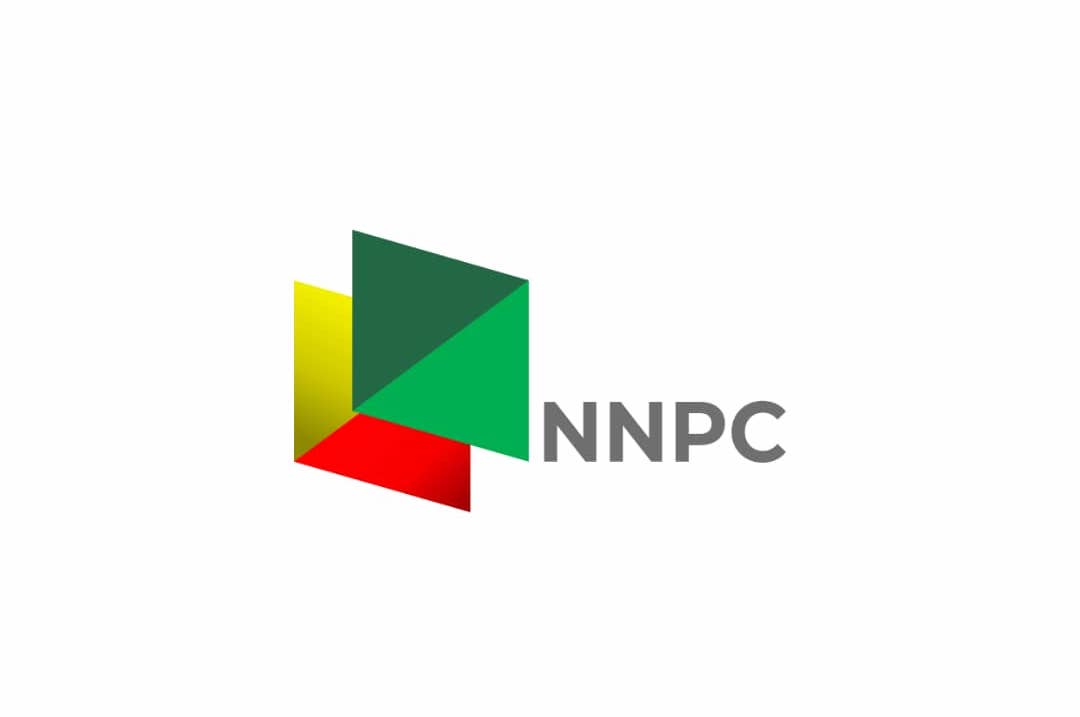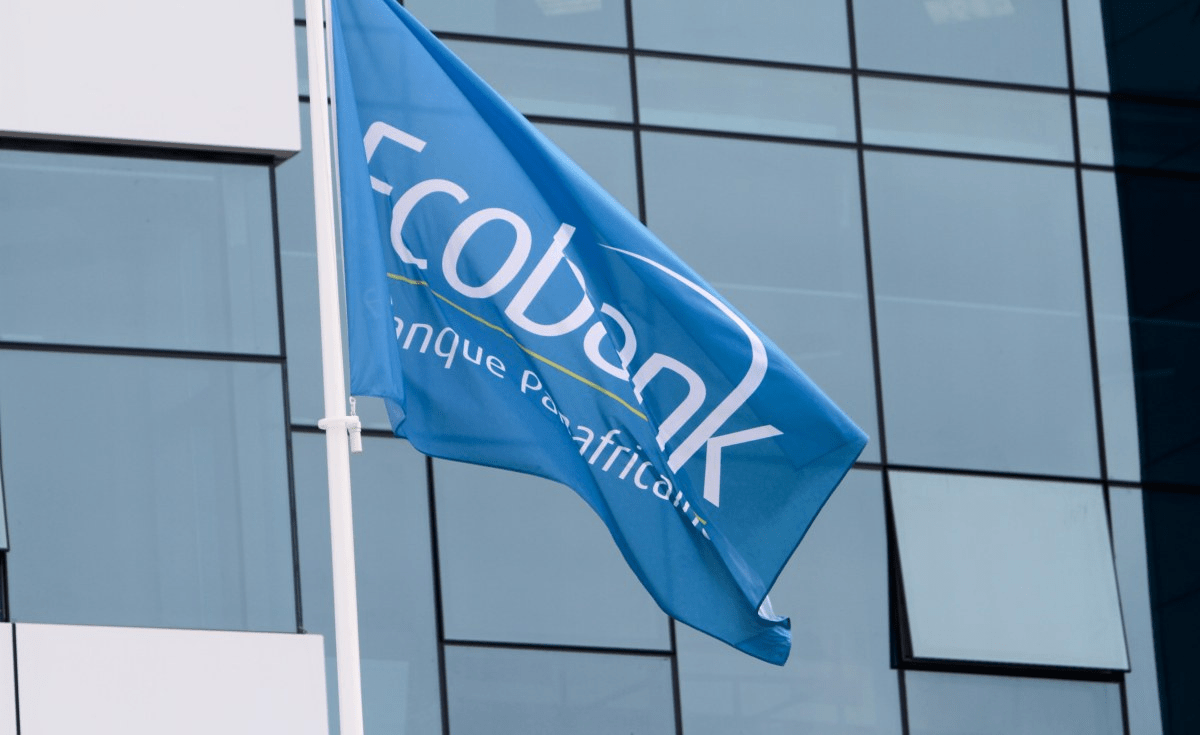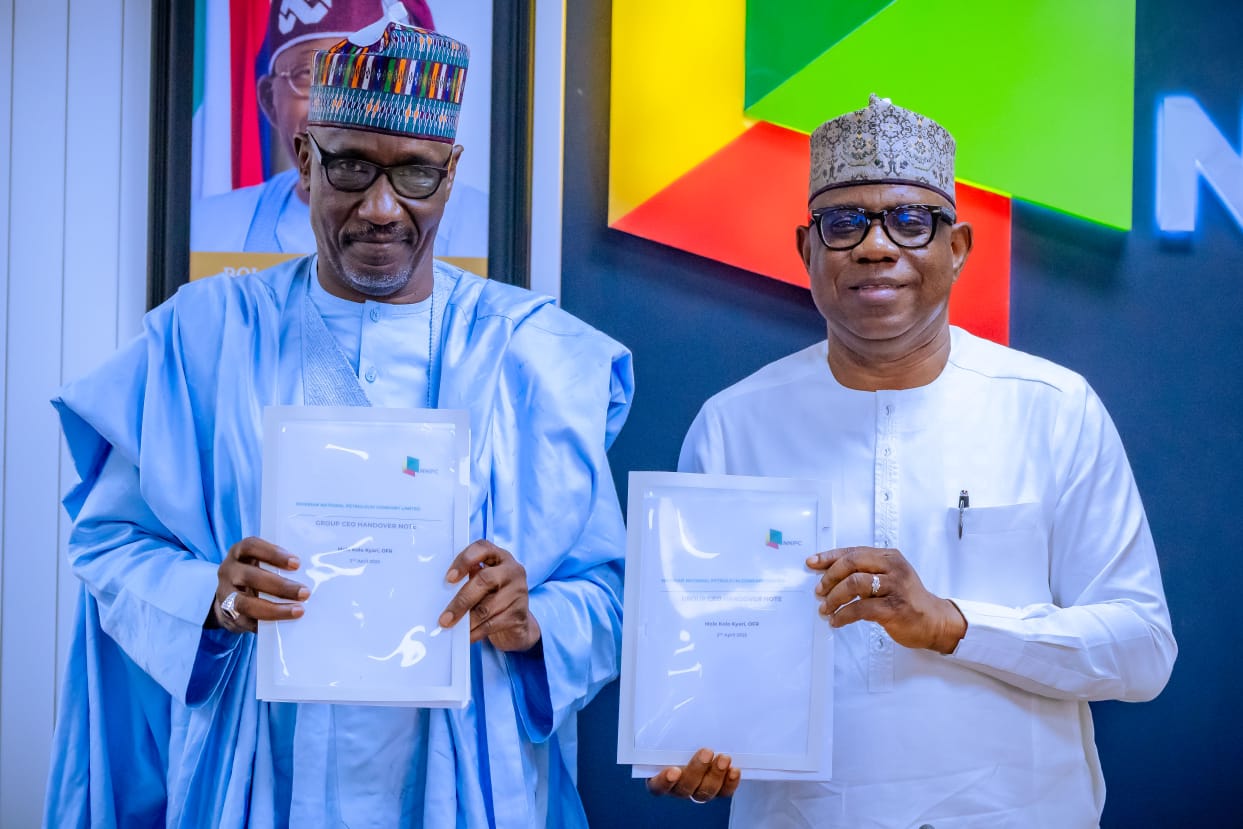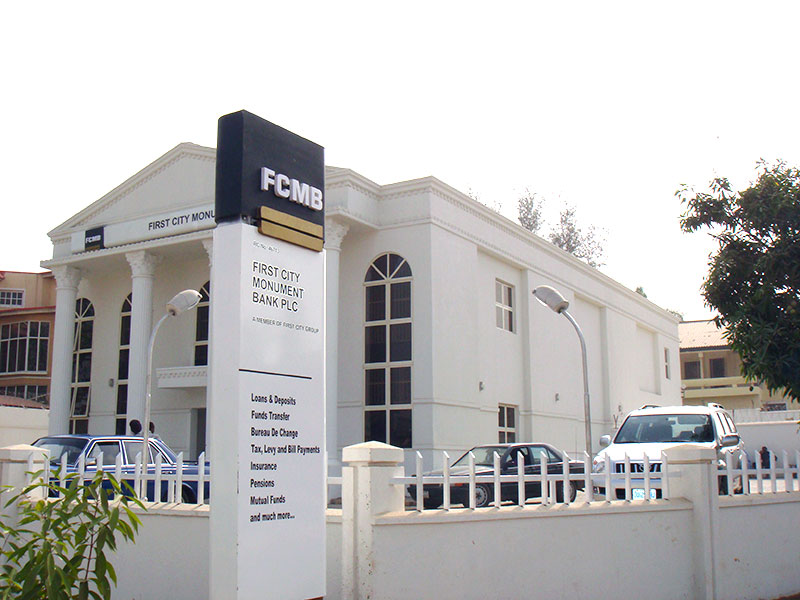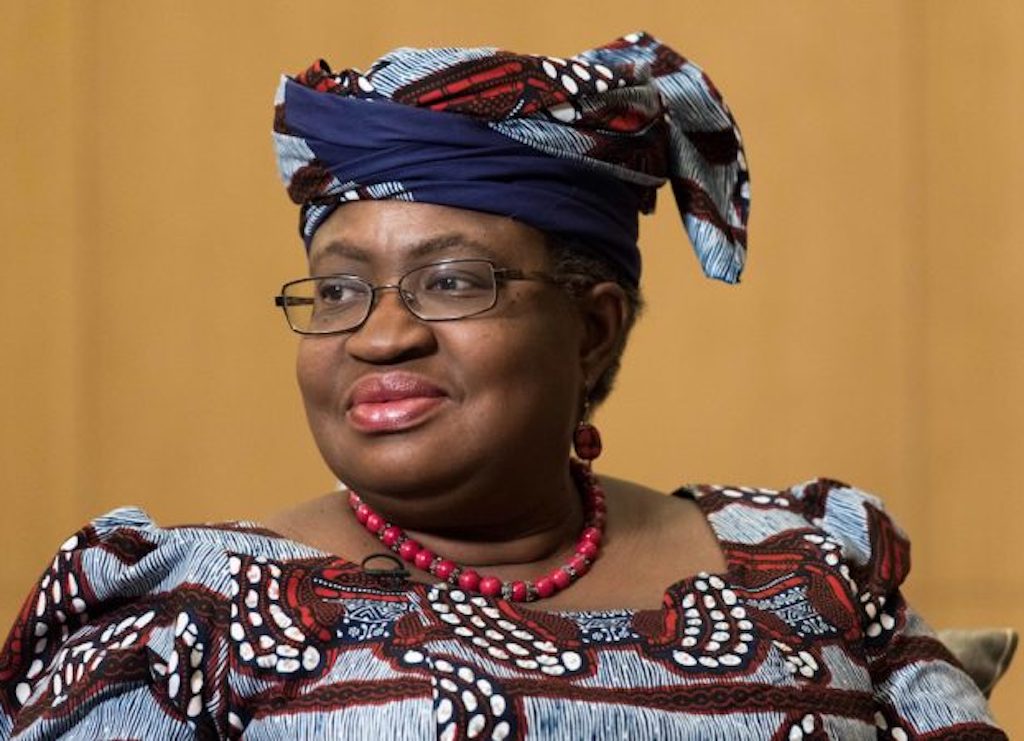The Chairman, Senate Committee on Capital Market, Senator Osita Izunaso, explains stringent penalties awaiting Ponzi scheme operators as contained in the new Investment and Securities Act 2025 aimed at restoring confidence in the capital market. Sunday Aborisade provides the excerpts:
What are the major highlights of the Investment and Securities Act 2025?
The newly enacted Investment and Securities Act 2025, which was signed into law by President Bola Tinubu, marks a significant overhaul of Nigeria’s investment and securities regulations. This law repeals the 2007 Investment and Securities Act (ISA) and introduces a comprehensive legal framework aimed at modernising and resetting Nigeria’s investment and securities landscape. First, it acknowledges the recognition of digital assets and Cryptocurrency. For the first time in Nigeria’s history, digital assets and cryptocurrencies are officially recognised as securities. This means individuals and businesses can now legally trade in digital assets and cryptocurrencies under proper regulation by the Securities and Exchange Commission (SEC).
Virtual Asset Service Providers (VASPs) and digital asset operators now fall under SEC’s jurisdiction, ensuring regulatory oversight and investor protection. Specifically, the overview of the Act is a holistic enactment because we repealed the 2007 ISA and re-enacted the 2025 Act to reset the entire investment and securities law in Nigeria. With what we have done now, for the first time in the history of Nigeria, the digital assets as well as cryptocurrency has now been recognized as a form of security in Nigeria, meaning that people can now trade with digital assets, people can now do the cryptocurrency and it will be properly regulated by SEC. So today, what it means is that the virtual asset services providers, as well as the digital asset operators are under the purview of SEC. However, before now, that was not the case. You will recall that Nigeria is about the second or the third globally in terms of cryptocurrency and a lot of money has passed through this country without it being regulated.
How will it boost Nigeria’s economy?
The law supports the President’s vision of a $1 trillion economy by strengthening the money and capital markets. The proper regulation of digital assets will enhance investor confidence and financial market stability. Mr. President is talking about $1 trillion economy. By signing this Act into law, it means that Nigeria is set for that $1 trillion economy because if you want to achieve the $1 trillion economy that Mr. President is envisaging, you must promote both the money market and the capital market. So today, the capital market has been reset for that purpose.
Are there measures against Ponzi Schemes and market manipulations?
The Act imposes strict penalties against Ponzi scheme operators, insider traders, and market manipulators. Offenders face up to 10 years in prison and fines ranging from N20 million to N40 million. The government will also recover stolen funds from fraudulent operators. Let me make it clear that the days of Ponzi insider trading and market manipulations are over. You can’t do Ponzi without passing through the Internet and all the rest of them. So, you’ll be caught.
The whole essence of it is to protect people’s money. That is why we are saying that apart from the fine, the person also risks going to jail for 10 years. Apart from paying the fine. So, you can’t even say that you pay the fine and you go free. You will still pay the fine and go to jail. That is what the law is talking about. And you are also aware of Insider Trader, which was part of the collapse of the capital market in Nigeria before. Because those who were operating the capital market were sabotaging the system internally. Today, you can’t do it again with this new law. If you know the type of economic sabotage that is involved, it is an economic sabotage not only for the country, but also for the people involved. So, you can imagine if you have all your savings and somebody will go and collect it from you. And you will lose everything that you have worked for throughout your life.
So, if you pay that much imprisonment for 10 years, is it conventional for you to lose everything that you have got? So, the idea is to deter people from even trying it. It is not going to be selective.
The Act categorises exchanges into two types. What are they?
Yes, they are Composite and Non-Composite Exchanges. Composite
Allow multiple forms of trading while Non-Composite Exchanges is limited to single-security trading. This classification aims to enhance market regulation and risk mitigation. So the whole idea is to enhance proper market regulation and also mitigate risk.
What is the level of the new law’s compliance with International standards?
The new law aligns Nigeria’s securities regulations with the International Organisation of Securities Commissions (IOSCO) standards. This ensures global credibility and allows international participation in Nigeria’s capital markets. So this new law is now promoting investors’ confidence, repositioning Nigeria because hitherto, the ISA of 2007, was not in compliance with the International Organisation for Securities Commissions. Today, the new law is now arranged in a manner that is consistent with IOSCO standards and regulations.
How will it strengthen corporate governance in publicly listed organisations?
Publicly listed companies must now obtain SEC approval for major acquisitions, mergers, and issuance of securities. Any corporate restructuring, including schemes and arrangements, must be sanctioned by the SEC. So you can trade anywhere now in Nigeria internationally, taking it from the records that is known, not the records that are not known as we were doing it before. So there are so many areas. Today, we are making it more transparent for you to operate in the capital market. And again, publicly quoted companies before now can do mergers and acquisitions and even issue securities without SEC. Today, for any publicly quoted company to do mergers, acquisitions, or issue securities, SEC must approve it. Any corporate action of restructuring in any form of any public company must be approved by SEC, even if it is schemes, transactions, and arrangements. So long as it is a corporate action, SEC must approve it. So, from what you have seen today, we are set to achieving the $1 trillion economy of Mr. President by the new revolutionary resetting investment that Securities Act 2025 as assented to by Mr. President.
How will it address cybercrime in the digital asset space?
Cybercrime related to digital assets and cryptocurrency will now be monitored and regulated by SEC. Other cybercrime matters remain under the jurisdiction of law enforcement agencies. The Act has sufficiently addressed the issue of cybercrime as it relates to digital assets, as it relates to cryptocurrency. For now, everything about crypto and digital assets is under the purview of SEC for proper regulation.
Did you come up with this legislation based on any unpleasant experience you had in the capital market?
No, there wasn’t any incident. This is legislative process in action. This reform has been in progress since the 8th and 9th Senate sessions. The Act reflects the need to keep up with the evolving global financial market and enhance investor confidence in Nigeria’s capital markets. You can see that since 2007, the capital market has been very dynamic. Things are changing daily. So, you must change globally as things are changing; if not, you’ll be left alone. So, by the time we came in the 10th Senate, we have to look at what they did in the 8th and 9th Senate, and put it together so that we can meet up with the global trend of capital market expectations. That’s what we have done. I am happy today that we have achieved that. Because with this, we are good to go.
What economic impact will this law have on states and local governments in terms of access to funding?
States and local governments can now access long-term funding from the capital market. It would reduce their dependence on federal allocations and commercial borrowing. Currently, only one local government, Lagos Island, has accessed capital market funding, highlighting the need for broader participation. Before now, sub-national entities like the states and local governments do not approach capital market for long-term funding. With this new law, states and local governments can approach the capital market for long-term funding. Instead of relying on federal accounts and commercial borrowing, you can now go to the capital market for long-term funding for your state. In fact, of all the 774 local governments in Nigeria, there is only one local government, Lagos Island, that has approached the capital market for funding. So, what are the other local governments doing? What are the states doing? So, we have now made it more flexible. Every state that wants to approach the capital market now can go to SEC and get approval and get long-term funding for infrastructure development in their state.
What other reform is it bringing to the Investment and Securities Tribunal (IST)?
The IST remains the sole body for adjudicating investment and securities disputes in Nigeria. The Act introduces stricter requirements for tribunal members, ensuring they have a minimum of 10-15 years of relevant experience in capital markets. The Investment and Securities Act 2025 is a transformative legal framework designed to modernize Nigeria’s financial sector. This is because it recognises digital assets, strengthening market regulations, and enhancing investor protection. Nigeria is now better positioned to achieve its economic growth targets and restore confidence in its capital markets. It is settled in law by the Supreme Court that the Investment and Securities Tribunal is the only body that is responsible for adjudication on matters of capital market; matters of investment and securities in Nigeria. Now, this new law has now led to the composition, jurisdiction, and the process of appointment of members of that tribunal. Now, we are saying that for you to be a member of that tribunal, you must be a lawyer of not less than 10 to 15 years cognate experience in the capital market. So, we are now trying to reposition that Investment and Securities Tribunal so that it can ease dispute resolution and make people to have more confidence in going to the capital market. I am sure you are all aware that there was a time in this country when the capital market was booming. After, it failed. Why did it fail? It is because some of these components of this law that we have added now were not there before. So, people can do anything they want to do and get away with it. And a lot of Nigerians lost their money. It is even now that we are rebuilding the confidence.
The confidence in the capital market is not yet there. We are just rebuilding it now, making Nigerians to have more confidence in the capital market. This is because, as far as Nigerians are concerned, capital market is a place where you put your money. After a while, you lose the money. But we are now saying that should not be the case.
You can put your money in the capital market now and be protected. The investors are now protected. There is even now more funding. This particular law has also made it possible for commodity markets. It is now a structural arrangement in the agricultural sector and in the mining sector. Before now, they were not available.

